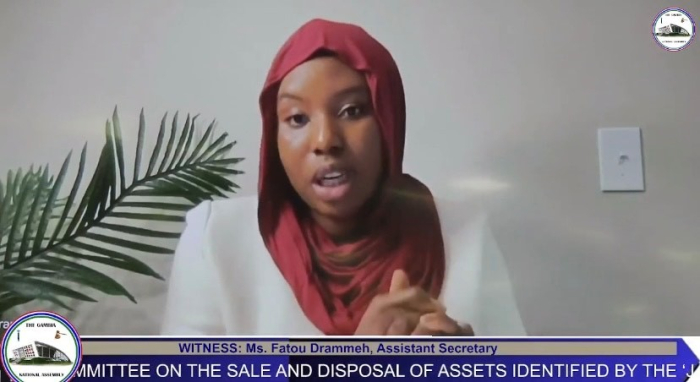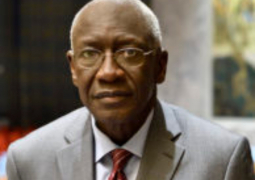
His testimony directly challenges Ms. Sarr’s earlier appearance before the Committee, where she repeatedly denied having knowledge of the Commission’s internal decisions. When pressed about her role, she [Ms Sarr] told the committee: “I was not part of those meetings, nor was I informed of them. I had no knowledge of the decisions being taken.”
Miss Drammeh also maintained that the reports her office compiled and submitted to the Ministry of Justice were done under Sarr’s guidance. She explained: “She instructed us on how to prepare the reports. Even during the Phase Two tractor sales, the format was based on her directives.”
Counsel also noted a discrepancy in documentation between the two phases of tractor sales. Miss Drammeh admitted that Phase Two lacked the detailed tabulated reports that were prepared in Phase One. “We did not produce itemized records showing buyer identities, sale prices, or conditions of the tractors. What we submitted was only a narrative summary,” he said.
This gap in records has raised fresh concerns among Committee members. Counsel remarked during the session that the absence of detailed reports “seriously undermines transparency” in the handling of the Commission’s work.
The contradiction between Sarr and Darmmeh’s accounts now leaves the Committee with the challenge of determining whose version reflects the truth. While Sarr maintained her distance from the Janneh Commission’s decisions, Drammeh pointed to her as the central decision-maker.
The Committee is expected to summon additional witnesses and may recall both Sarr and Drammeh, for further questioning as part of efforts to reconcile the conflicting narratives.




